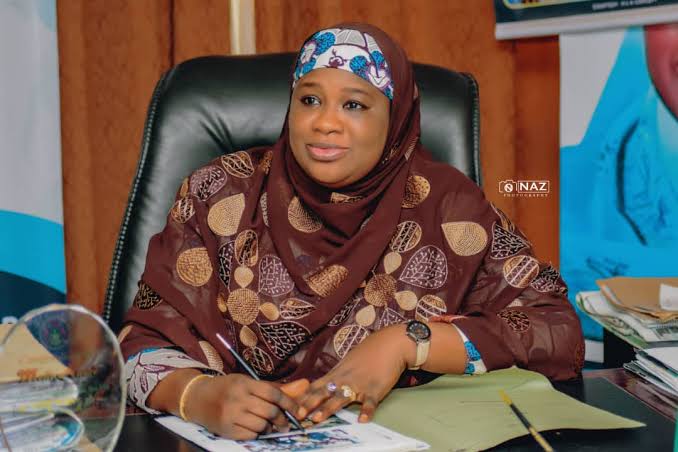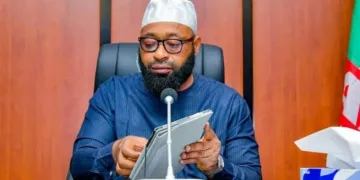The Minister of State for the Federal Capital Territory (FCT), Dr Mariya Mahmoud, has affirmed that public service is a calling and a responsibility that demands accountability and adaptability.
Mahmoud made this known during the 10th Biennial International Seminar on Management Development for Women in Africa, which was held at the Assembly Hall of Nassarawa State University.
In a statement issued by Josie Mudasiru, deputy director and head of the Public Relations Department at the FCT Women Affairs Secretariat, the minister, represented by the FCT Mandate Secretary for Women Affairs, Dr Adedayo Benjamins-Laniyi, expressed her delight at the seminar’s focus on professionalism in public management beyond mere gender considerations.
She emphasised the importance of equipping practitioners with the skills needed for policy responsibilities and decision-making within African public institutions.
As the keynote speaker, Dr. Mahmud urged Africans to cultivate a culture of continuous learning and advocated for promoting STEM education for girls to close the gaps in critical fields.
She noted that while women have made significant strides and reached positions of power, the journey toward complete empowerment continues. “It is not yet Uhuru for women,” she stated.
The minister highlighted the Federal Capital Territory Administration’s (FCTA) substantial investments in education, particularly for girls and vulnerable populations, and praised the seminar’s organisers for their informative presentations that would further enhance women’s capabilities.
Ambassador Chris Onwuka, the seminar’s convener, delivered the opening remarks and emphasised women’s vital role in Nigeria’s socio-economic development.
“Women add immense value to Nigeria’s economic growth. Investing in their development is not just an ethical imperative; it’s a practical solution for boosting national productivity and innovation,” he asserted.
Among the distinguished guests was Queen Hauwa Yunusa, the wife of the Ona of Abaji, who delivered an inspiring address on the importance of empowering women in rural areas.
She stressed that such initiatives would strengthen local economies and significantly impact the nation.
“Rural women are the backbone of our communities. Providing them with tools and opportunities is essential for achieving sustainable development,” she said.
The seminar featured workshops and interactive sessions designed to equip participants with the skills to foster gender inclusion in leadership, entrepreneurship, and governance.
Delegates from various African nations shared success stories and discussed actionable frameworks to enhance women’s contributions to economic growth.











